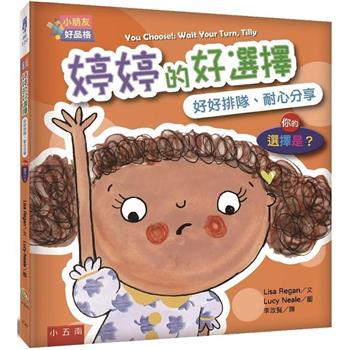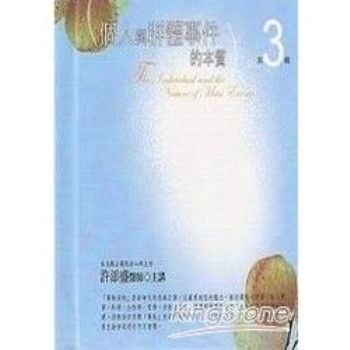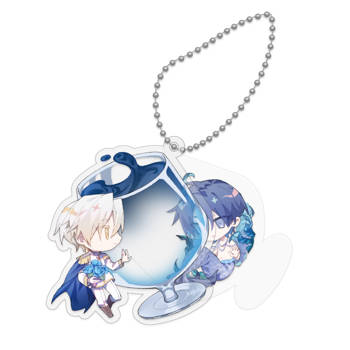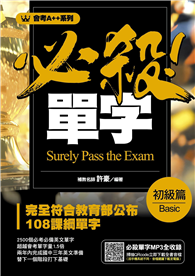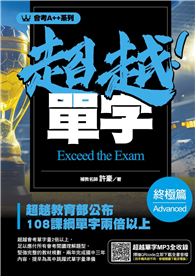| FindBook |
|
有 1 項符合
marguerite higgins的圖書 |
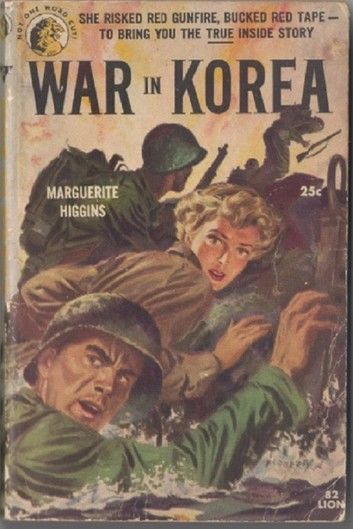 |
$ 48 電子書 | War in Korea
作者:Marguerite Higgins 出版社:Ebooks for Students, Ltd. 出版日期:2014-12-17 語言:英文  看圖書介紹 看圖書介紹
|
|
|
This book is " ...a whale of a war story," according to the Saturday Review of Literature.
S.L.A. Marshall, the famous military historian for the War Department wrote that
"This Maggie's eye view of the Korean police action is downright irresistible in its candor, in its simple expression of the things which most of us feel strongly but can't say very well, in its change of pace between the tragedy of the battlefield and the high comedy of much of human behavior in close relationship to it....Many of her word pictures are remarkable in their ability to convey much in little; where she philosophizes at all about men in battle her style is almost epigrammatic, and many of her observations have such a true ring that they deserve to be remembered and widely quoted."
This is a fast-paced, highly readable account of the first year of the Korean War—a time which was almost tragic for the Americans troops and the twenty million South Koreans involved.
As the North Koreans launched a surprise attack across the border in 1950, Marguerite Higgins, a reporter from the New York Herald Tribune, joined a group of unprepared journalists and troops fleeing fast and far to survive. The border between North and South Korea was then, as it is now, the 38th parallel.
This border which the North Koreans overrun had been the division between the Russian and American zones of occupation in Korea after the defeat of Japan in 1945. By the outbreak of the war in 1950, the Russians had withdrawn leaving control of North Korea in the hands of the first dictator in the North Korean dynasty,Kim II-sung. American troops were in South Korea at the time of the invasion but in limited numbers. The United States had not equipped its ally, the army of the Republic of Korea, with offensive weapons such as tanks. Without tanks to counter the North Korean armor, the US and Republic of Korea forces came very close to being swept out of Korea as you will see.
Upon further research on the Korean War, you will find that Higgins’s reporting ends in the middle of the war. She writes about the major military actions at the start of the war: the initial Northern Korean invasion, the quick decision to rush U.S. occupation troops from Japan to Korea, the Marine landing at Inchon which pushed the Communists back, and the pursuit of the Communists into North Korea by American and R.O.K. troops which led to Chinese intervention.
The Korean War was not a complete victory for South Korea, the United States and the other members of the United Nations which joined in the fight to save South Korea. At the armistice in 1953, Communists retained Korea north of the 38th parallel. You know from news reports what the North Korean regime has been like for the last 60 years.
Nevertheless, much was accomplished by intervention of American military forces, and the sacrifices made by Army and Marine units in Korea, and their United Nations allies in the 1950s. The twenty million people living in South Korea in 1950 remained free from Communist tyranny.
The book, of course, brings up the question of intervention by both Communist nations and the United States. As you will see the last chapters, Higgins witnessed the Russian takeover of Eastern Europe in the late 1950s. She was staunchly anti-Communist. But she also feared that the United States would not recognize how much former Asian colonies wanted to be free of colonization. She writes "we must turn our backs on colonization...America should put herself squarely on the side of those nations asking national independence and self-government, and do all she can to help them economically."
To what extent was this good advice? Was the success of American intervention in Korea, and the failure of intervention in Vietnam related to this question?
Out of respect for the dead American, Korean, and Vietnamese in these conflicts, does the study of these interventions deserve study in high schools?
|
